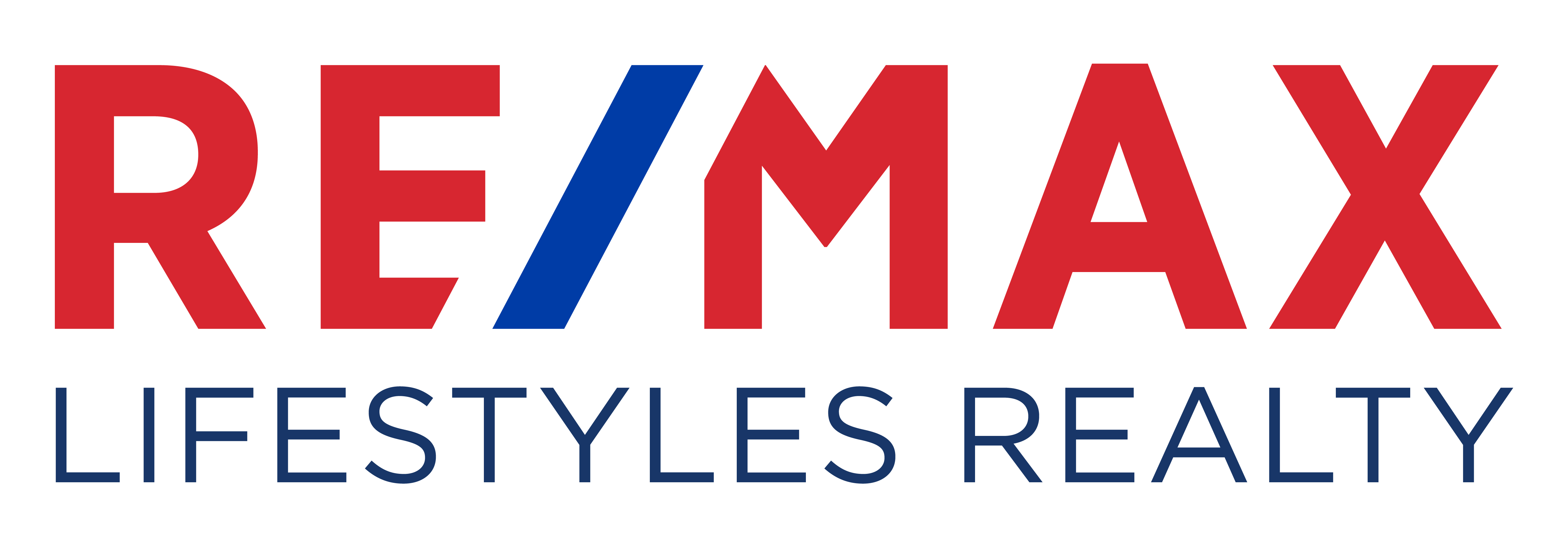
Home sales across Metro Vancouver’s housing market off to strong start in 2024
VANCOUVER, BC – February 2, 2024 – While the Metro Vancouver1 market ended 2023 in balanced market territory, conditions in January began shifting back in favour of sellers as the pace of newly listed properties did not keep up with the jump in home sales.
The Real Estate Board of Greater Vancouver (REBGV) reports that residential sales2 in the region totalled 1,427 in January 2024, a 38.5 per cent increase from the 1,030 sales recorded in January 2023. This was 20.2 per cent below the 10-year seasonal average (1,788).
“It’s hard to believe that January sales figures came in so strong after such a quiet December, which saw many buyers and sellers delaying major decisions,” Andrew Lis, REBGV’s director of economics and data analytics said. “If sellers don’t step off the sidelines soon, the competition among buyers could tilt the market back into sellers’ territory as the available inventory struggles to keep pace with demand.”
There were 3,788 detached, attached and apartment properties newly listed for sale on the Multiple Listing Service® (MLS®) in Metro Vancouver in January 2024. This represents a 14.5 per cent increase compared to the 3,308 properties listed in January 2023. This was 9.1 per cent below the 10-year seasonal average (4,166).
The total number of properties currently listed for sale on the MLS® system in Metro Vancouver is 8,633, a 9.8 per cent increase compared to January 2023 (7,862). This is 0.3 per cent below the 10-year seasonal average (8,657).
Across all detached, attached and apartment property types, the sales-to-active listings ratio for January 2024 is 17.2 per cent. By property type, the ratio is 11.9 per cent for detached homes, 22.9 per cent for attached, and 19.9 per cent for apartments.
Analysis of the historical data suggests downward pressure on home prices occurs when the ratio dips below 12 per cent for a sustained period, while home prices often experience upward pressure when it surpasses 20 per cent over several months.
“Our 2024 forecast is calling for a two to three per cent increase in prices by the end of the year, which is largely the result of demand, once again, butting up against too little inventory,” Lis said. “If the January figures are indicative of what the spring market has in store, our forecast may already be off to an overly conservative start. Markets can shift quickly, however, and we’ll watch the February numbers to see if these early signs of strength continue, or whether they’re a blip in the data.”
The MLS® Home Price Index composite benchmark price for all residential properties in Metro Vancouver is currently $1,161,300. This represents a 4.2 per cent increase over January 2023 and a 0.6 per cent decrease compared to December 2023.
Sales of detached homes in January 2024 reached 379, a 28 per cent increase from the 296 detached sales recorded in January 2023. The benchmark price for a detached home is $1,942,400. This represents a 7.3 per cent increase from January 2023 and a 1.1 per cent decrease compared to December 2023.
Sales of apartment homes reached 746 in January 2024, a 30.6 per cent increase compared to the 571 sales in January 2023. The benchmark price of an apartment home is $751,900. This represents a 4.4 per cent increase from January 2023 and a 0.1 per cent increase compared to December 2023.
Attached home sales in January 2024 totalled 285, an 82.7 per cent increase compared to the 156 sales in January 2023. The benchmark price of a townhouse3 is $1,066,700. This represents a 4.3 per cent increase from January 2023 and a 0.6 per cent decrease compared to December 2023.







